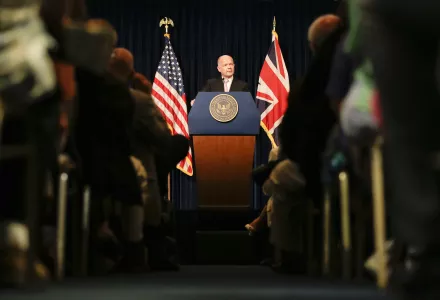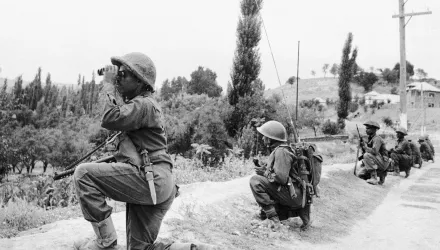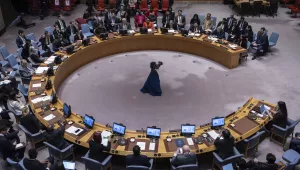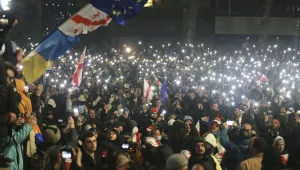
Abstract
Many intelligence scandals in the news today seem unprecedented — from Russian meddling in the 2016 U.S. Presidential election, to British and U.S. intelligence agencies monitoring activities of their citizens. They seem new largely because, traditionally, intelligence agencies on both sides of the Atlantic were excessively secretive about their past activities: even the names "GCHQ" and "NSA" were airbrushed from declassified records, and thus missing from major historical works and scholarship on on post-war international relations. The resulting secrecy about British and U.S. intelligence has led to misunderstandings and conspiracy theories in societies about them. Newly opened secret records now reveal the long history of many subjects seen in today's news-cycle: Anglo-American intelligence cooperation, interference by countries in foreign elections, disinformation, and the use and abuse of intelligence by governments. Newly declassified records also add to our understanding of major chapters of international history, like Britain's post-war end of empire. Without overcoming our historical amnesia disorder about U.S. and British intelligence, citizens, scholars and policy-makers cannot hope to understand the proper context for what secret agencies are doing today.
Walton, Calder. "Historical Amnesia: British and U.S. Intelligence, Past and Present." Secrecy and Society, vol. 2. no. 1. (September 2018) .
The full text of this publication is available via Secrecy and Society.





